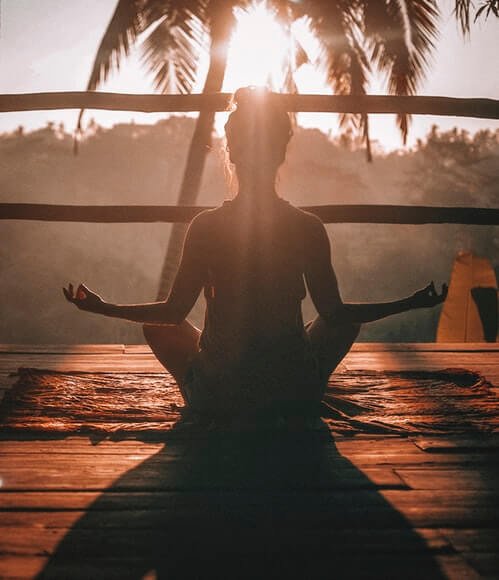With the holiday season and the cozy feeling, winters are certainly a magical time of the year. On the contrary, it can be a bit challenging too.
Environmental factors such as rain, snow, and cold winds can affect your physical and well-being. According to healthcare experts, the chill breeze and the nip in the temperature affect your immune system, triggering various health conditions.
Plus, it is a daunting task to follow an exercise schedule with shorter days and cold weather. Seasonal change can wreak havoc on your physical and mental well-being.
However, with the right steps, it is easier to stay happy and healthy throughout the season. Follow along to learn how to beat the common winter woes and embrace the seasonal change, the right way.
- Cold injuries
Experiencing cold injuries such as frostnip, frostbite, and hypothermia can make you encounter uncomfortable sensations. Not only this, but even minor wounds can be a matter of concern in the winter season.
The cold weather affects the blood flow in your system. This, in turn, prevents the circulation of the oxygenated blood to the affected area. Additionally, it inhibits tissue regeneration and delays the healing process.
That’s why you must learn about how to take good care of your injuries. You can also consider stocking up on first-aid supplies infused with manuka honey as it reduces the chances of infection. Such first-aid supplies are non-toxic and promote the healing process.
- Carbon Monoxide Poisoning
You might want to run your heating appliances to their fullest potential to stay warm throughout the season. But did you know that burning fuel in your home can elevate the chances of carbon monoxide poisoning?
Know that carbon monoxide is a colorless and odorless byproduct generated by burning fuel. Too much exposure to it can make you and everyone in the house feel dizzy and nauseous. Having difficulty in breathing and chest pain are some of the symptoms of carbon monoxide poisoning.
Thus, if you suspect the tell-tale signs of carbon monoxide poisoning, make sure you seek medical assistance as soon as possible. In fact, one of the best ways to reduce and combat exposure to deadly gas is to maintain your heating appliances. You can also consider installing carbon monoxide detectors.
- Seasonal Affective Disorder
Believe it or not, the cold and dark short days can also lead to seasonal affective disorder (SAD). Psychological experts confirm that the condition can lead to depression, making you feel abnormally sleepy and hungry. You may also find yourself pounding with pain or disinterested in social activities.
The good news is that it is easier to manage and deal with SAD. With the help of light or cognitive therapy, you can combat the condition the right way.
Healthcare experts encourage patients who respond to light therapy to continue it until they are ready to enjoy the sunshine. With minimal side effects, it is one of the best ways to deal with SAD.
That’s a wrap,
Staying safe and beating the winter woes can demand a bit of effort. However, the right approach and using the measures mentioned above can help you avoid seasonal hazards.

